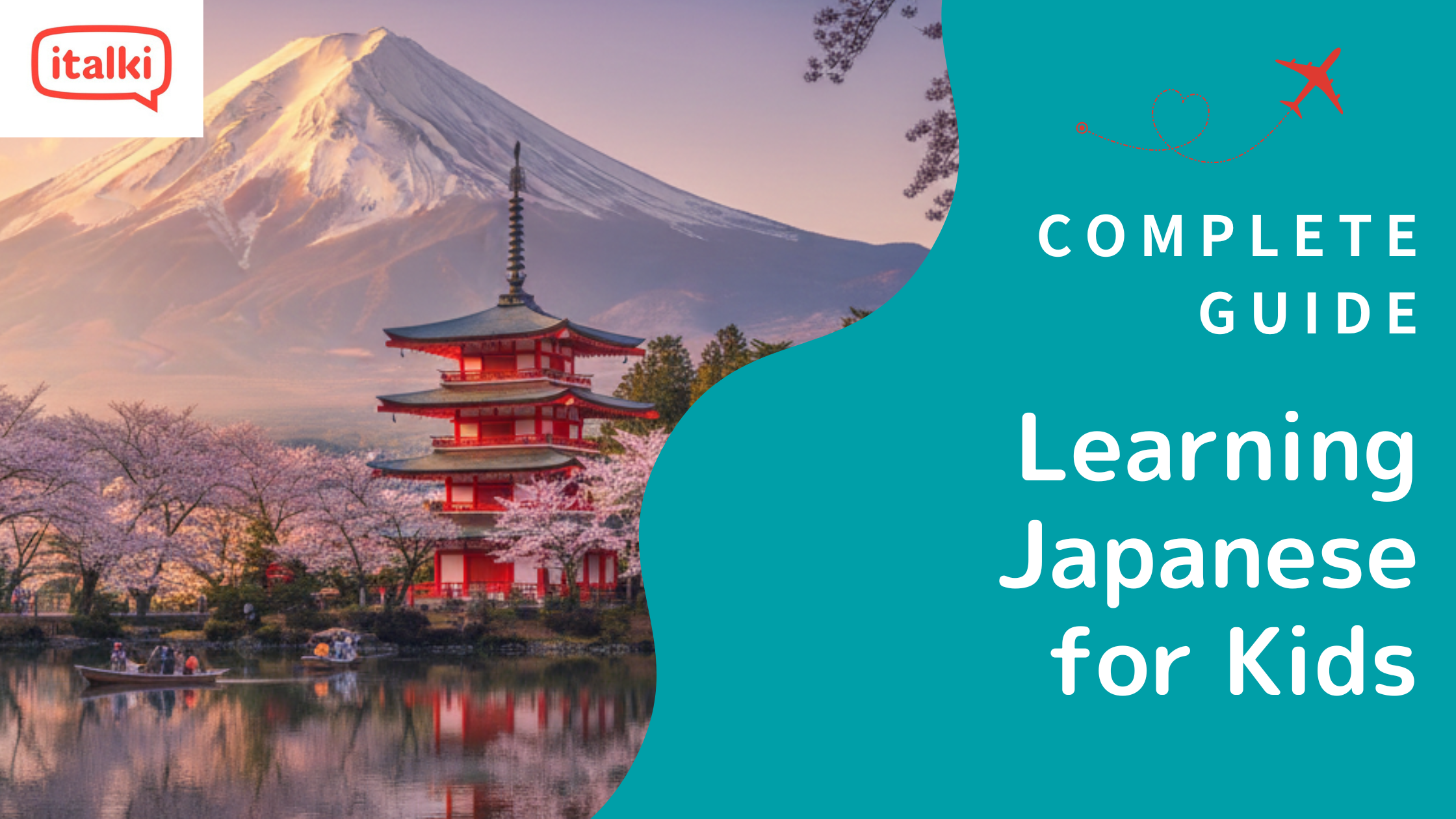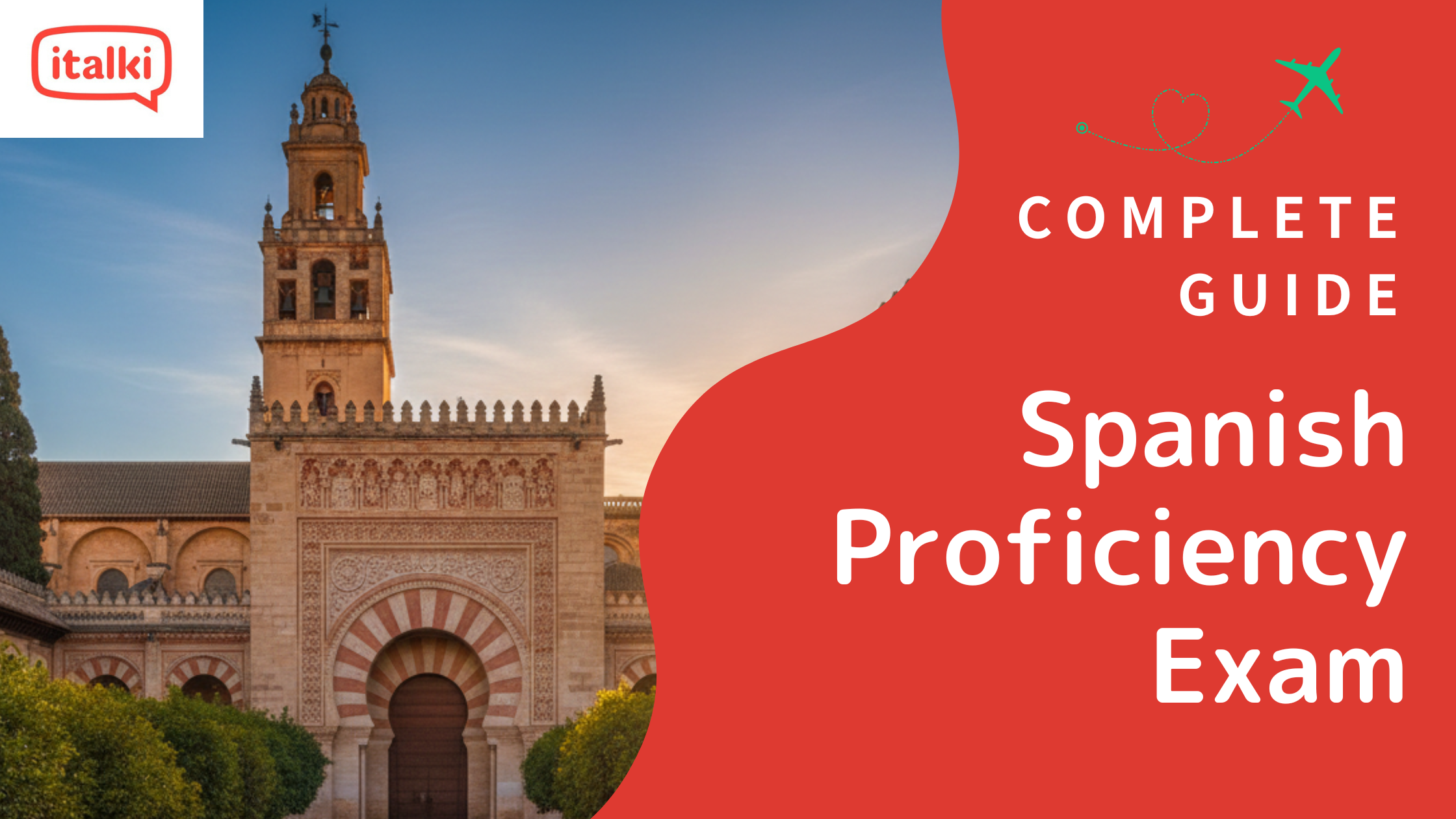Do you want to learn Japanese? If you said yes, you have come to the right place. It is best to start with “how are you?” in Japanese but once you have mastered that, you can move on to learning basic Japanese phrases.
You need to figure out the best way to say ‘how are you’ in Japanese according to the nature of your situation. It is important for you to know all the expressions so that you can choose the right one for your conversation.
Learn to say ‘how are you’ in Japanese
1. お元気ですか? (o genki desu ka)
Meaning: How are you?
This is the most common way to ask someone how they are in Japanese. If you look it up in a dictionary, you will see that it’s the literal translation of “how are you?” This is a more formal and polite expression.
You can also learn to say thank you in Japanese as you will be using this phrase quite a lot whenever someone asks ‘how are you’.
2. 元気? (genki)
元気 (genki) is the informal and casual form of お元気ですか. This phrase doesn’t have the question suffix か (ka), but as long as you say it in a questioning tone, it will become a question.
3. 元気だった? (genki datta)
Meaning: How have you been?
One thing to keep in mind when using this phrase is that it is in the past tense, not the present. As a result, it means “how have you been?” rather than “how are you?” This is a more informal and casual phrase. You need to keep the tenses in mind while learning Japanese greetings, otherwise, you will end up making many mistakes.

Learn German on italki
Join the global community of language learners today! Sign up for italki and start improving your language skills with native-speaking teachers from around the world.
Create an italki account
4. 最近はどうですか? (saikin wa dou desu ka)
Meaning: How have you been lately?
This is another useful expression to use when speaking with someone. Remember that this phrase indicates recently rather than at that precise moment.
5. どうよ? (dou yo)
Meaning: How is it going?
This one is very informal and has a similar meaning in English to “how’s it going?” よ (yo) is commonly used to express excitement.
6. 気分はどうですか? (kibun wa dou desu ka)
Meaning: How is your mood?
気分 (kibun) means mood. This phrase literally translates to “how are you feeling?” In this case, the question is more about emotional well-being than general well-being.
7. 調子はどうですか? (choushi wa dou desu ka)
Meaning: How is it going?
Choushi is a condition. You should only ask this when there is an implied context, not when greeting someone for the first time. For example, if your friend is ill and you ask them that, you are referring to their illness.
8. どうしたんですか? (dou shitan desu ka)
Meaning: What is wrong?
Here’s another way to say “How are you?” in Japanese. However, you should only use this phrase in negative situations when something doesn’t feel right.
9. 何事だ? (nanigoto da)
Meaning: What’s going on?
This is a very informal question. You can use this phrase to find out what has been going on or to stay up to date on the latest news.
10.今なにしてるの? (ima nani shiteruno)
Meaning: What are you up to right now?
This phrase is widely used among friends. Although it doesn’t exactly mean “how are you?” it’s a good substitute for figuring out, for example, what’s going on in your friend group.
11.久しぶり! (hisashiburi)
Meaning: Long time no see!
This phrase does not exactly translate as “How are you?” in Japanese. However, it is frequently misconstrued as “how have you been?” So, if you haven’t seen someone in a long time, you can use this phrase.
12.なにか面白いことあった? (nanika omoshiroi koto atta)
Meaning: What’s the good news?
This is a very informal phrase. It’s similar to asking, “What’s the good news?” or “Has anything good happened to you recently?”
13.元気かい? (genki kai)
Meaning: What’s up?
This is possibly the most casual way to ask how you are in Japanese. Use this phrase only with your closest friends, otherwise, you will end up in an awkward situation.
Learn Japanese with italki
Do you want to know the best way to learn Japanese, but don’t know where to start? Let us introduce you to italki.
This platform is providing courses in different languages, including Japanese. The best part of italki is its flexibility. You have the liberty to choose the online Japanese tutor of your choice based on your desired learning schedule, style, and budget. Sounds amazing, right?

Find Your Perfect Teacher
At italki, you can find your Japanese tutor from all qualified and experienced teachers. Now experience the excellent language learning journey!
Book a trial lesson
Book your lessons today and start learning Japanese from the best of the best!
Frequently asked questions
Q. How do you respond to Genki desu ka?
A. You can simply respond, ‘I’m fine (Genki desu)’.
Q. What is Watashi wa Genki desu?
A. Watashi wa Genki desu also means ‘I am fine’ in Japanese.
Q. What does doushita no mean?
A. It means ‘What’s wrong’. In bad situations, this is used to ask how you are in Japanese. For instance, when a friend or close colleague appears concerned or distressed about something. You can also leave out the “no” at the end to make it more casual.
Conclusion
If you want to become a fluent Japanese speaker, you need to master the formal and casual ways of asking ‘how are you’ in Japanese. The quickest way to get comfortable with these expressions is by working with a Japanese language tutor, who can guide your practice and correct your mistakes.
You can also look for various Japanese learning websites to learn similar expressions and phrases. You need to keep your learning game strong if you want to learn Japanese within a few months.
Want to learn a language at italki?
Here are the best resources for you!



















